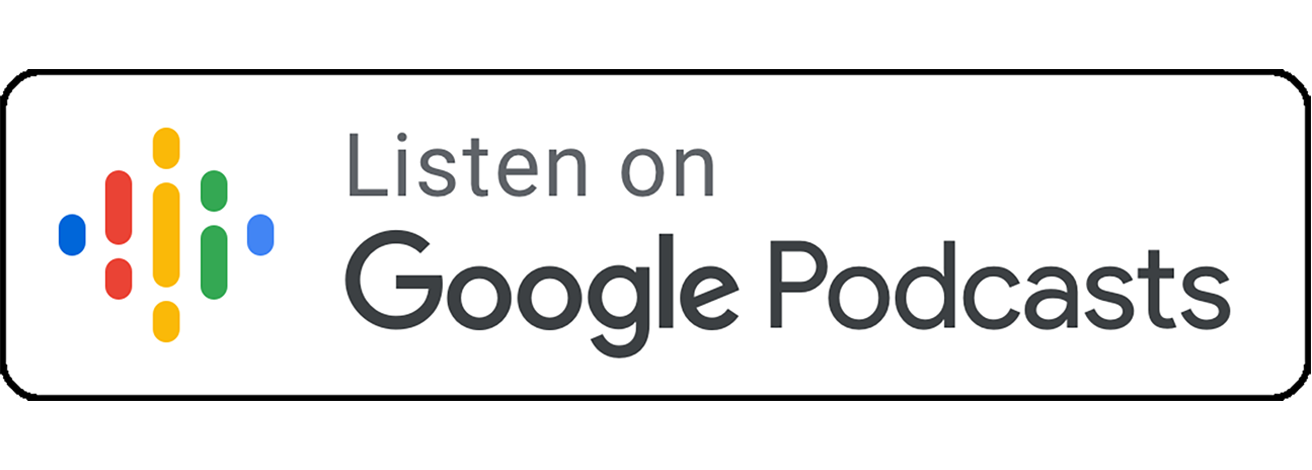Listen on the go: NOW ep46
In this episode of the No Ordinary Wednesday podcast, Investec’s Chief Artificial Intelligence Officer, Lee O’Brien and Michelle Schonken, Data and AI Lead at Investec Bank and Investec Wealth & Investment discuss the latest trends, ethical considerations and more in artificial intelligence.
Receive Focus insights straight to your inbox
Rapid advancements in artificial intelligence have many heads spinning. But there’s no denying that whip-smart machines have enabled us to make incredible leaps and bounds in business, even as a treacherous list of ethical conundrums keeps human brains awake at night.
Some of us are hesitant, wondering whether our jobs and duties will stand unchallenged. Some are already familiar with bots and using AI to move and shake. While others are that guy, seated at the very back of the lecture theatre and using ChatGPT to copy/paste essays and assignments.
Will AI make our lives easier and help us be more productive? Will it burn us and hold us back? How is it shaping and disrupting industry and business models? Investec’s Chief Artificial Intelligence Officer, Lee O’Brien and Michelle Schonken, Data and AI Lead at Investec Bank and Investec Wealth & Investment give in-depth analysis of these burning questions in the latest episode of the No Ordinary Wednesday podcast.
AI and machine learning, what’s the difference?
“Artificial intelligence isn't just one thing,” explains O’Brien. “It's really a constellation or an umbrella term of many different technologies working together to enable machines to sense, comprehend, act and learn with human-like levels of intelligence.” Machine learning, says O’Brien, is an application of AI. “It is the process of using mathematical models of data to help a computer learn without direct instructions.”
What is ChatGPT?
With the understanding of AI and machine learning pinned down, there are some serious questions waiting in the wings. For starters, what’s going on with ChatGPT? ChatGPT invites humans to input word prompts – questions or instructions – before responding intelligently. It’s a computer programme that understands human language: how it’s spoken and written.
Says O'Brien: “I think for years we have suspected that artificial intelligence is going to take over the world – we just didn't anticipate that it was going to start with the world of arts and literature.” ChatGPT is trending at dinner parties and raising some eyebrows, viewed by some as a creative hinderance and by others as a crafty helper. If you’re an educator in panic mode, picturing a tidal wave of plagiarised work, read on.
“I think AI is here to stay – it's not going to go away,” says O'Brien. “I do feel that the educational system should embrace it for a multiple of reasons. There is an opportunity to make people ready for when they enter the workforce, where they will run into any form of AI. I think the idea is that people should understand how AI works – not at the technical level, but its limitations and the effects around it.”
We also need to remember that AI will get it wrong sometimes. People still need to apply critical thinking when presented with a response.
AI and business
On to business – and it certainly isn’t business as usual. The world is changing and the way we work will never be the same again. Says Schonken: “I'm not sure we fully understand how AI will disrupt the way we work, as more and more tasks are automated. However, human workers are unlikely to become obsolete.”

I think that AI will complement and augment human capabilities, not necessarily replace them. The machine's ability to process and analyse large volumes of data quickly, which really remains impossible for humans to do, will complement our human strengths of empathy, leadership, teamwork, and social skills
No doubt now: if harnessed properly, symbiosis can be achieved. AI can lower barriers to entry, drive human accomplishment and take us to the next level in any number of industries.
AI and financial, risk sectors
Of course, the impact of AI on the financial and risk sectors is immense. Processes and insight-gathering are becoming more efficient. Hyper-personalised customer experiences are putting smiles on faces. We are even offered a crystal ball.
Says O'Brien: “You can see disruption coming through in risk management, where you can deploy very advanced game-changing risk models. The higher the accuracy, the better your investment strategies.”
“We believe that AI will continue to drive innovation going forward,” explains Schonken. “We are seeing the emergence of how businesses apply AI and how this is maturing to drive business value and insights that they may not necessarily be aware of. It is used in various ways to create efficiencies by automating and optimising processes and avoiding human error.”
Adds Michelle: “However, I would like to caution that with greater accessibility comes greater responsibility in how we use AI ethically. I do believe that there is a dark side to AI, which could result in disaster for humanity – and I think this is where regulation, for me, plays a huge role.”
AI and regulation
Here’s where our role as humans becomes absolutely pressing. Regulation and accessibility are in our hands. Says Schonken: “AI is only as smart as the data it is given. I think we need to recognise that.”
“Defining policies and frameworks to govern and regulate AI will not be easy, in my view, as AI is made up of a variety of technologies. The rapid progress and development that we are seeing today – and no doubt will continue to see – may mean that some of these laws become obsolete going forward. I think technologists, regulators and businesses will need to work together to regulate the use of AI, ensuring that we help machines to make ethical decisions.”








